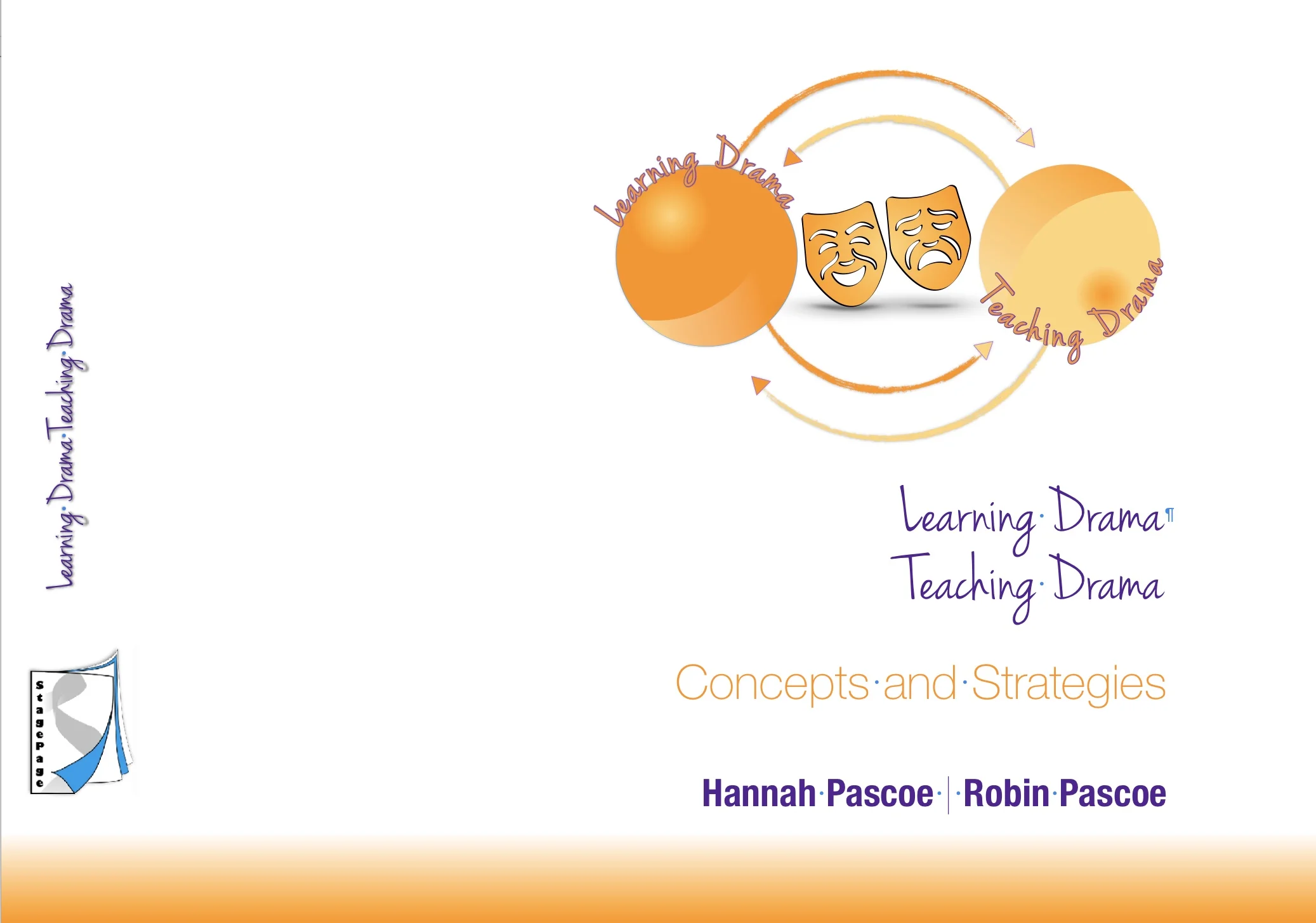television drama
A television genre that follows a conventional structure and narrative. Television dramas are designed to be both entertaining and riveting. One of the central features is emotional or physical conflict.
There are many types of television dramas including crime, hospital, court room, military and supernatural.
Television dramas are episodic and most often serialised. This means that within each episode there is a story with a beginning middle and end, but each week the characters and their relationships are developed and sub-plots may be carried over a number of episodes.
These sub-plots and relationships encourage the audience to watch the program the following week.
Television dramas use theme music and a standard opening sequence and usually end with a preview of the following week’s episode.
See also television genre
Excerpt From: Media Key Terms and Concepts.










